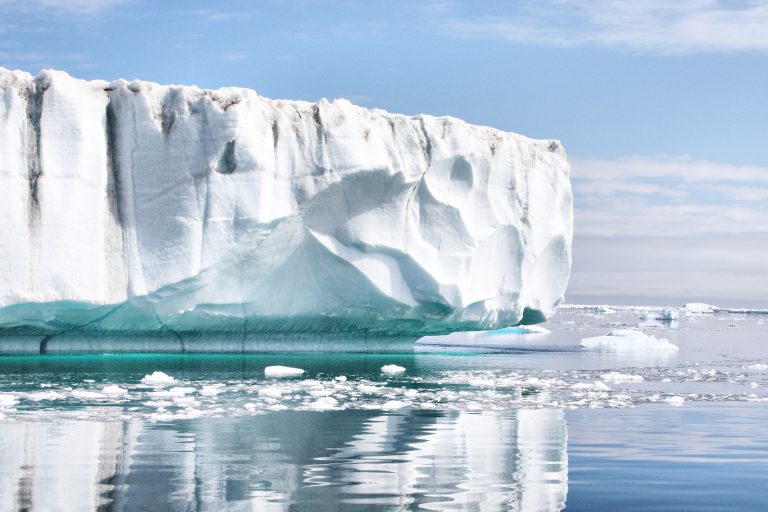Published on November 15, 2022

The goal of the international climate meeting in Egypt is to limit global warming to 1.5 degrees Celsius, compared to temperatures in the late 1800s. Even at that level, communities will experience more dangerous storms, flooding and heat waves. Cities around the world must plan how to reduce emissions and prepare for these climate events.
Climate change is already causing ice sheets to melt, and raising sea levels around the world. If the Earth lingers at, or above, 2 degrees Celsius of warming, as it is on track to, that melting will steadily accelerate. Scientists warn that will cause parts of the ice sheets to collapse, sending massive amounts of water into the world’s oceans.
The million dollar question is how quickly that collapse will occur. “Collapse tends to be a bit of a loaded world. People think of it like a building collapse,” says Ian Joughin, a glaciologist at the University of Washington who has spent decades studying how giant glaciers move and change.
Continue reading at NPR.
Originally written by Rebecca Hersher and Lauren Sommer for NPR.